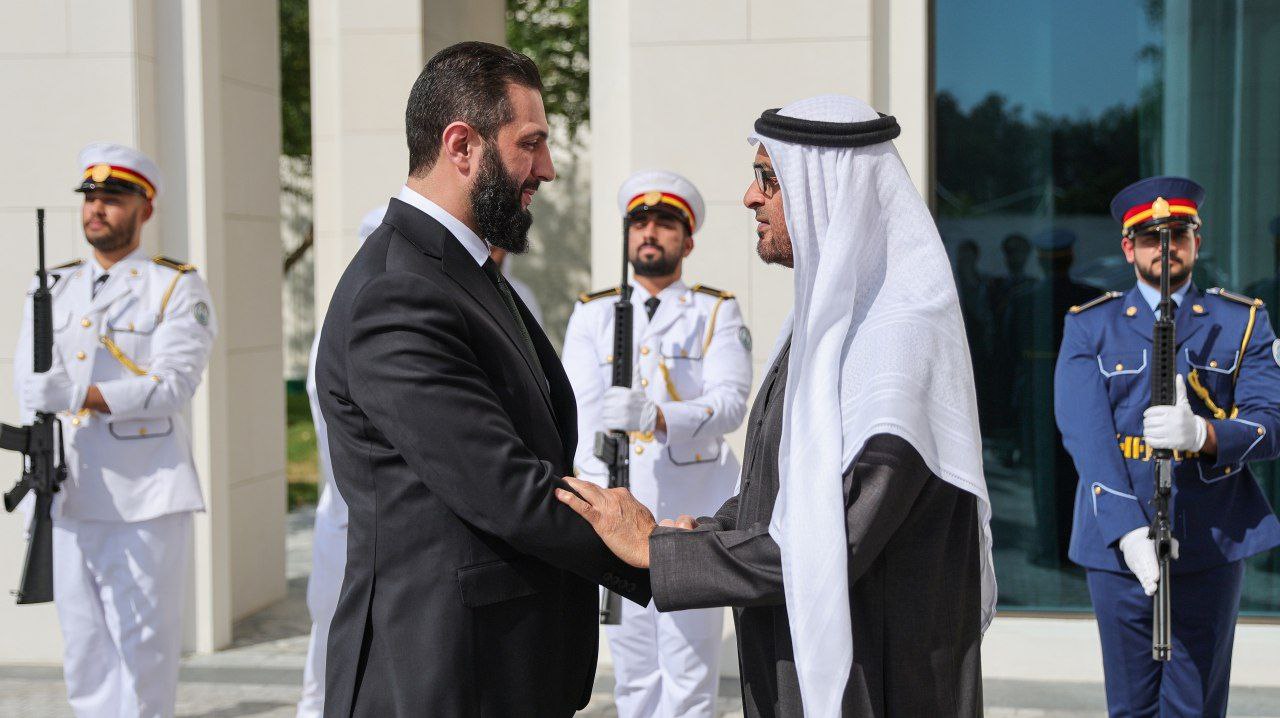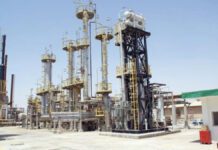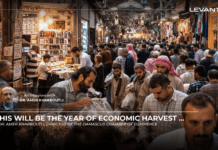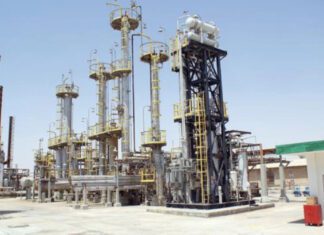
Syria and Israel have entered indirect talks through a confidential back channel brokered by the United Arab Emirates, according to Reuters, citing three “informed sources.” The backdoor diplomacy comes as Syria’s new administration, led by President Ahmad al-Sharaa, seeks to stabilize the country and attract regional backing amid growing insecurity and ongoing Israeli airstrikes.
The discussions, which began days after Sharaa’s April 13 visit to the UAE, are limited to technical and security issues, with an emphasis on counterterrorism cooperation, the sources told Reuters. One of them, a senior Syrian security official, confirmed that military matters—including Israeli military operations inside Syria—remain outside the current scope of dialogue.
“There’s no limit to what the discussions might ultimately include,” one source noted while stressing that the focus remains on building trust between two nations with no formal diplomatic ties. Israeli, Syrian, and Emirati intelligence officials, along with former Israeli intelligence operatives, have reportedly participated in the exchanges.
Delicate Timing Amid Escalating Strikes
The talks allegedly took place before a recent escalation in Israeli airstrikes, including a precision attack just 500 meters from the presidential palace in Damascus last Friday. While Reuters was unable to confirm whether the back channel has remained active since the strikes, a regional diplomat said that other informal mediation efforts between the two countries had been underway in the days following the attack.
Since the fall of the Assad regime in December 2024, Israeli military operations inside Syria have intensified. Israel maintains that its strikes are “preemptive actions” designed to prevent arms transfers to what it calls “terrorist groups.” In practice, however, the operations have often targeted Syrian military convoys and infrastructure, exacerbating the already dire humanitarian and security situation on the ground.
Legacy of Instability and Regional Pressure
President Sharaa, speaking in Paris on Tuesday alongside French President Emmanuel Macron, acknowledged the existence of indirect talks, saying the goal was to “calm the situation and prevent a loss of control.” He condemned Israel’s actions as “arbitrary” and called for an end to foreign interference in Syrian affairs.
Israel has also continued its expansion of a buffer zone originally established under the now-defunct 1974 disengagement agreement. According to Syrian officials, Israeli forces have pushed into Quneitra, Daraa, and Suwayda governorates and seized strategic locations such as Mount Hermon.
Cautious Optimism
Although neither the Syrian presidency nor the UAE Foreign Ministry has commented publicly on the reported talks, the sources emphasized that Sharaa’s lengthy and reportedly productive meeting with UAE President Sheikh Muhammad bin Zayed last month helped ease Emirati concerns over Damascus’ new leadership, paving the way for the current initiative.
For now, the communications remain limited, tentative, and deeply secretive—but they mark a potential shift in one of the region’s longest-running conflicts, driven more by shared regional concerns than by political alignment.








